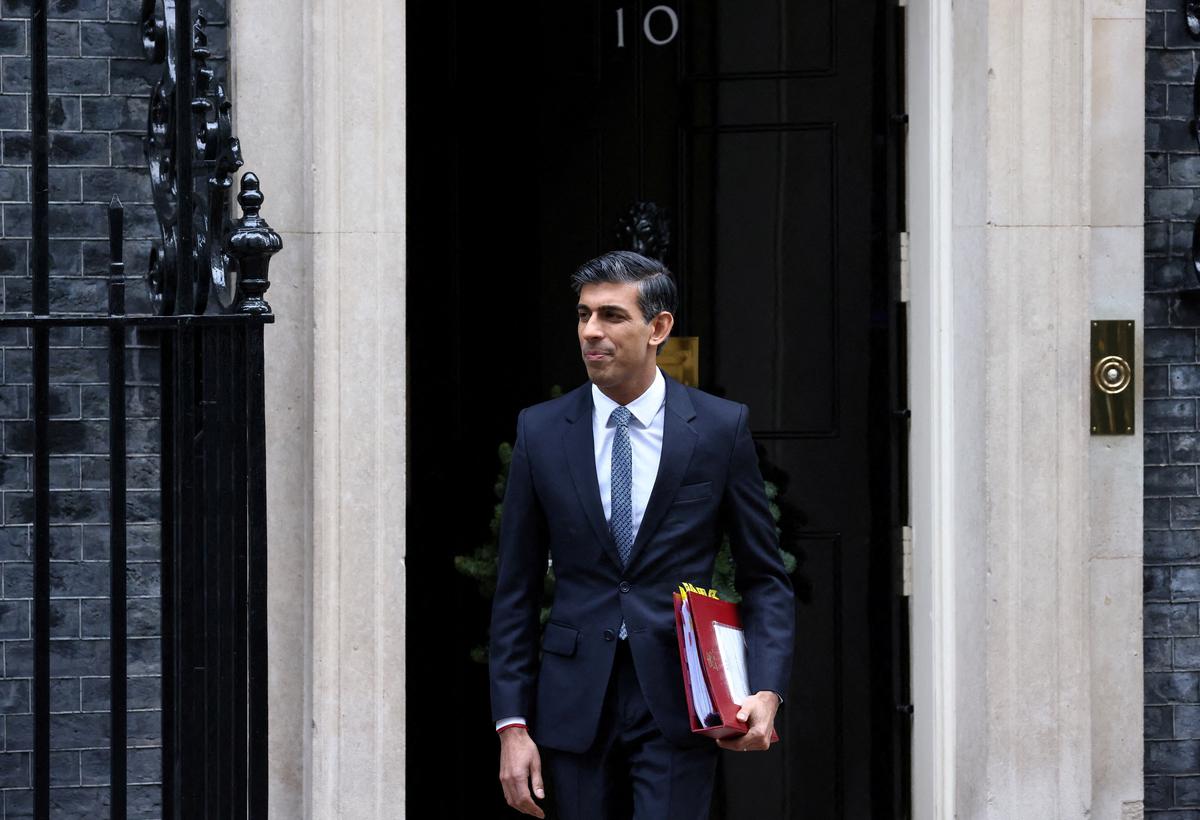British Prime Minister Rishi Sunak is contemplating revisions to the regulations governing long-term sick leave, aiming to address the concern about individuals permanently exiting the workforce.
Recent data shows a decline in labor force participation among working-age Britons, reaching its lowest point since 2015.
This decline is attributed to a rise in long-term illness and an increase in the number of students, contrasting with trends observed in other large, affluent nations.

Sunak, expressing particular concern over the growing number of individuals unable to work due to mental health conditions, emphasizes the need for a more proactive approach to facilitate their return to employment.
He advocates for a shift away from over-medicalizing everyday life challenges and worries.
Official statistics reveal that 9.4 million Britons aged 16 to 64, constituting 22% of this age group, are neither employed nor unemployed—an increase from pre-pandemic levels. Among them, 2.8 million are categorized as long-term sick, while 206,000 are temporarily ill.
The budget watchdog’s report highlights that a significant portion of those on long-term sick leave are awaiting medical treatment, suggesting a potential pathway for their return to work.
Over half of these individuals report mental health issues such as depression, anxiety, or nervousness, often as secondary conditions alongside their primary health concerns.

Sunak’s proposed reforms aim to shift the focus from illness to the ability to work, with an emphasis on providing tailored support to facilitate individuals’ return to employment.
He suggests exploring the possibility of transferring responsibility for assessments from family doctors to healthcare professionals tasked with objectively evaluating an individual’s work capacity and providing appropriate support.





